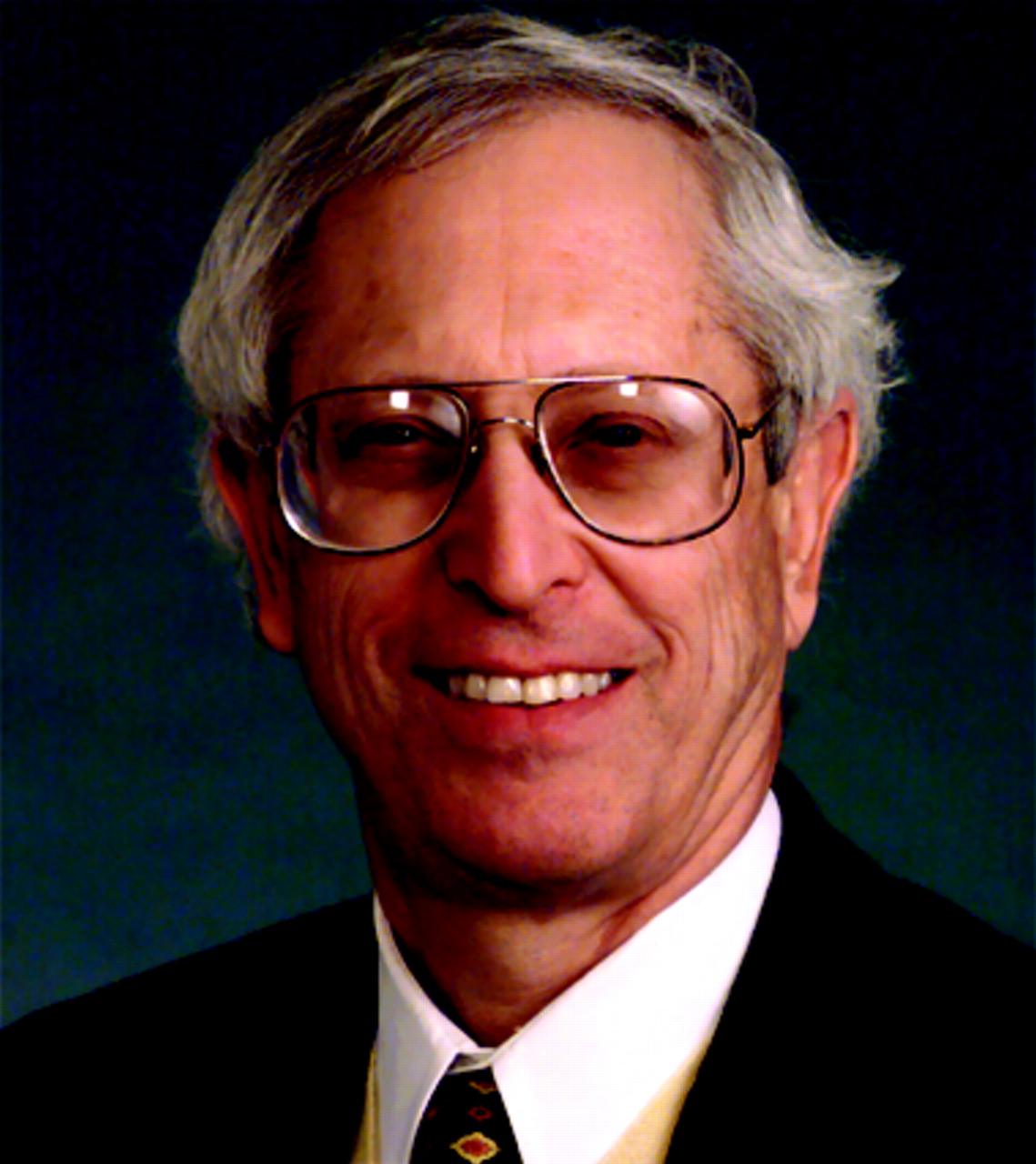Psychiatrist Takes Helm of National Disability Program

Burton Reifler, M.D.
Burton Reifler, M.D., M.P.H., took over as national program director of the Faith in Action (FIA) program at the beginning of this year, and in May he stepped down as chair of the department of psychiatry and behavioral medicine at Wake Forest School of Medicine in Winston-Salem, N.C., to devote his time and energy to FIA full time.
FIA is a national program consisting of local volunteers of many faiths who work together to care for elderly, chronically ill, or disabled people. The program was established in 1983.
In March the RWJ Foundation granted $100 million to the program—its largest monetary commitment ever—to develop 2,000 new FIA sites in the next seven years.
The RWJ Foundation is a large philanthropy organization dedicated exclusively to health care issues. It was established in 1972 and is based in Princeton, N.J.
“I think this is a tremendously exciting opportunity to create something that hasn’t previously existed,” said Reifler. “The idea is to help people with a range of disabilities, including but not limited to mental illness, to function independently in the community.”
Volunteers involved in FIA provide simple support services for people in their community, according to Reifler. Some examples are taking someone to the doctor, shopping for those who can’t leave home, or doing minor home repairs.
Reifler noted that volunteers who want to help build homes for people or provide disaster relief know which organization to join. “But if you want to provide support services for someone in your neighborhood, you wouldn’t know whom to call,” he said, a situation he hopes to change.
“My goal is that by the end of seven years, Faith in Action will be a household name and that people motivated to provide that type of volunteer service will know to call their local Faith in Action program.”
More information on the Faith in Action program can be found at www.fiavolunteers.org. ▪



